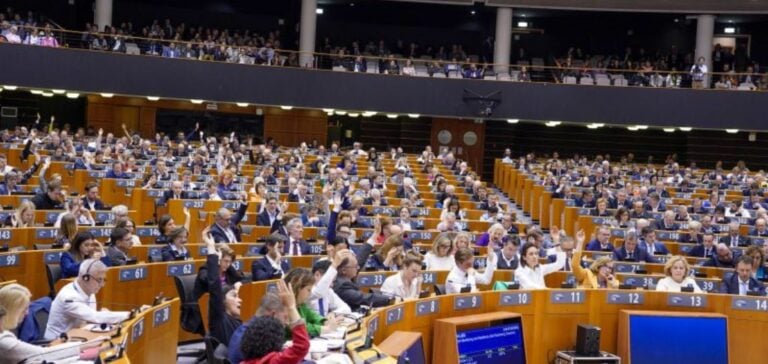In response to extreme fluctuations in electricity prices, exacerbated by dependence on gas-fired power stations, the European Union has adopted a significant reform. This legislation, finalized in December and recently approved by the European Parliament, aims to deliver stable, affordable prices for consumers by facilitating long-term contracts and supporting investment in nuclear and renewables.
Invoice amortization mechanisms
Under the new law, Member States can oblige electricity suppliers to adopt long-term fixed-price purchase contracts to limit the impact of volatile gas prices. These agreements, in the form of PPAs, are now encouraged to reduce the financial risks for consumers and businesses.
Enhanced consumer protection
The reform places particular emphasis on protecting consumers, especially those deemed vulnerable. Suppliers cannot cut off electricity to households in difficulty, and unilateral price increases in fixed-price contracts are prohibited. In addition, the introduction of smart meters will enable consumers to better manage their energy consumption.
Investment support and competition
To promote investment in decarbonized energy production, the reform introduces Contracts for Difference (CFDs), guaranteeing a stable, state-backed price. This approach is designed to offer financial predictability to investors, and is applicable to nuclear power plants too, as negotiated by France despite opposition from Germany.
Capacity mechanisms” enable states to pay for unused capacity to ensure availability when needed. A derogation has been granted until 2028 for existing fossil-fired power plants, as requested by Poland. In times of crisis, measures such as tariff shields can be activated to protect consumers.






















